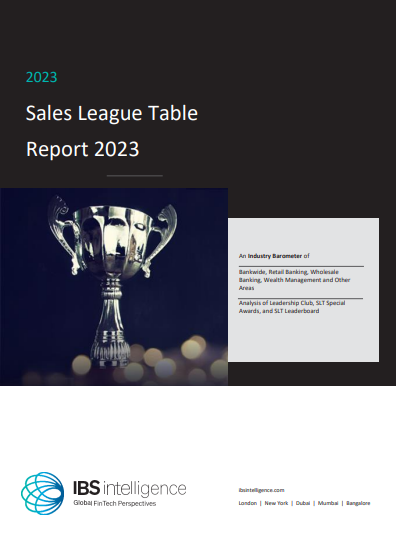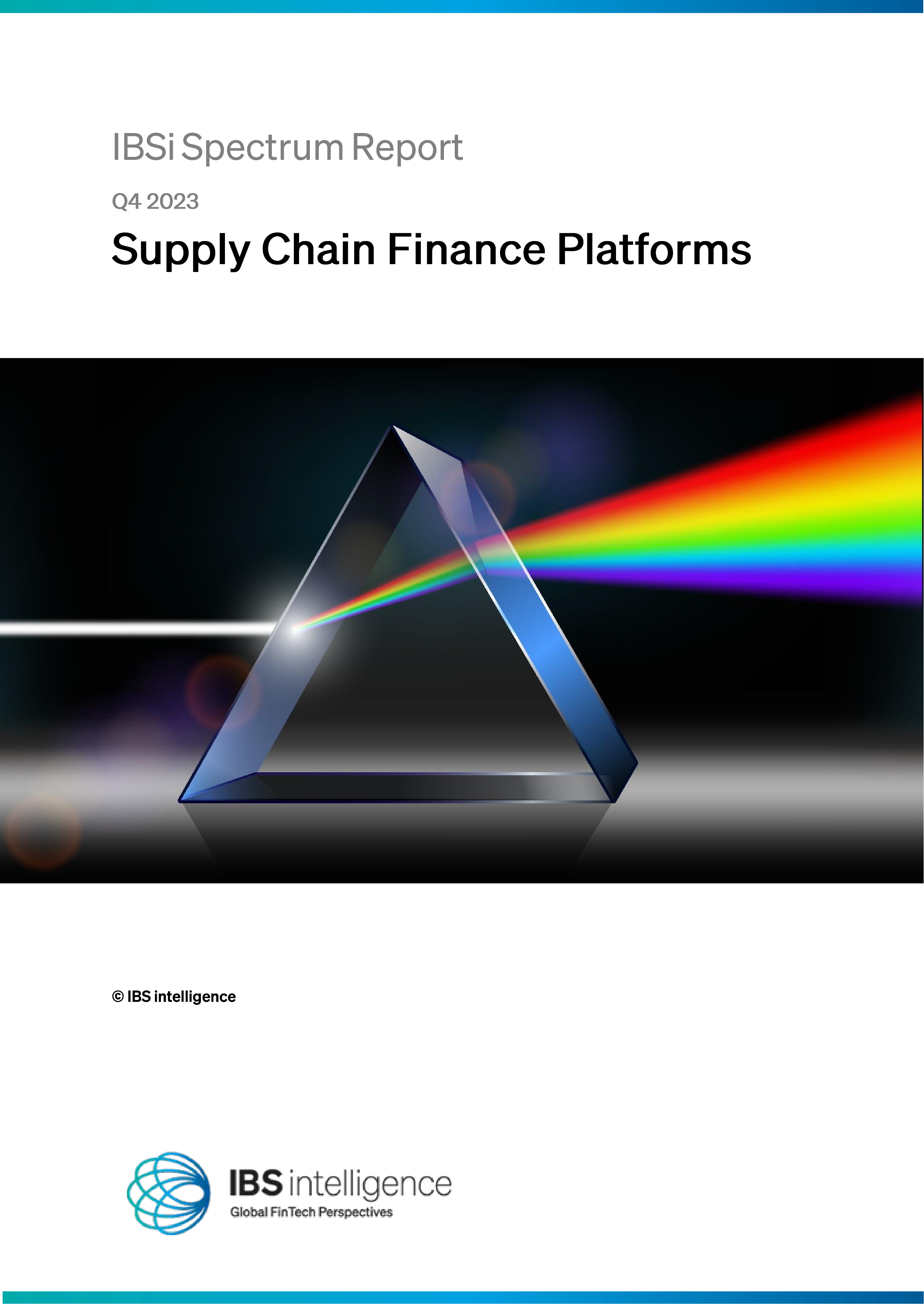 Back
Back
Why cash flow visibility matters to businesses
 Having positive cash flow is a must for any business. Get it wrong and you put the existence of the entire organisation in jeopardy. Get it right, however and you open up a wealth of new opportunities for your company from unlocking new business deals to driving incremental revenue streams and fuelling investment.
Having positive cash flow is a must for any business. Get it wrong and you put the existence of the entire organisation in jeopardy. Get it right, however and you open up a wealth of new opportunities for your company from unlocking new business deals to driving incremental revenue streams and fuelling investment.
Often, the blame for poor cash flow is laid firmly at the foot of traditional banks for not agreeing to extra lending rapidly enough. That can be a contributory factor, of course, but the real scourge is not keeping a tight rein on spending and not developing, or sticking to, accurate forecasts.
To ensure their cash flow remains healthy, businesses need a single point of visibility over all the money going in and out of their accounts. Without this, it will be difficult for them to make informed financial decisions or to plan ahead efficiently and effectively. However, enhanced cash flow visibility is not always easy to achieve.
Organisations typically make use of multiple different payment types from credit cards to cheques to bank transfers – and often have no clear overall picture, either at a snapshot level or historically, of all the transactions they are making. Often, they are using outdated methods of dealing with payments, expenses, invoicing and reporting, or, worse still, have no planned approach. All this slows down the ability for the business to react, to access revenues and redistribute in the event of unforeseen circumstances. It also offers little in terms of up-to-date analysis.
This is why integrated payment management or consolidation is critical to businesses that want real time visibility of their expenditure and the kind of insight into cash flow that drives long-term business success.
Empowered to Spend
The concept of integration is a familiar one, of course. Enterprise Resource Planning (ERP) systems have been around for decades now. ERP, and variations on the theme, is now a ubiquitous technology across large corporate enterprises and increasingly across SMBs also.
Yet at the same time as this enhanced level of control was being exerted on back-end processes, we also witnessed a counter trend where employees were armed with credit cards and cheque books and empowered to make significant business purchases.
This has clearly helped drive operational flexibility and business agility. But more important still, it has driven cash flow which remains key for any business today. So, more businesses will be looking to leverage lines of credit and tap into free funds for a period to help with cash management. This will make it even more vital that businesses have real time insight into all this activity.
The best way to achieve this is through a digital expenses platform and integrated payments tools, both of which should almost by default improve a business’s approach to how it manages cash flow. By having an immediate oversight through live reporting of all spending from business cards and invoice payments, as well as balances and credit limits across departments and individuals, organisations can foresee potential problems more quickly and react accordingly. At Fraedom, we provide this kind of technology to many of our customers across banking and financial services sectors.
Digital trail for reporting
This kind of approach also allows management to categorise spending and quickly see where costs are getting out of control or where they need to put in place cash flow targets to help ensure solvency. Cards can be cancelled or at least suspended quickly and easily, negating the need of having to go through to the issuing bank, while invoices can also be automated to streamline business payments. This enables business to keep hold of money longer and pay creditors faster.
Moreover, digitally transforming business expenses and payments, encompassing everything from receipt capture through to automated payments and invoicing, means there will always be a digital trail that can be collated and reported on quickly and easily. This also means that at any moment in time, management can use fresh data to accurately forecast cash flow, which in turn helps eliminate nasty surprises and should also lead to fewer business failures.
The ongoing digitisation of systems is also likely to result over the long term in greater take-up of emerging trends in artificial intelligence and analytics-driven technologies. In turn, this will help organisations more accurately predict their future spend, thereby giving them early insight into potential upcoming cash flow issues and enabling them to look ahead into what may be happening in the market moving forwards.
It’s another example of how technology can play an important role in helping businesses gain more insight into their cash flow and better manage their cash in general. If they get that right, they are likely to access new investment opportunities; drive competitive edge and survive and thrive both today and long into the future.
by Russell Bennett, chief technology officer, Fraedom
IBSi News

April 16, 2024
Analytics - Driven Technologies
Paystand integrates B2B Payments with Microsoft Dynamics 365 Business Central
Read More- Daily insightful Financial Technology news analysis
- Weekly snapshots of industry deals, events & insights
- Weekly global FinTech case study
- Chart of the Week curated by IBSi’s Research Team
- Monthly issues of the iconic IBSi FinTech Journal
- Exclusive invitation to a flagship IBSi on-ground event of your choice
IBSi FinTech Journal

- Most trusted FinTech journal since 1991
- Digital monthly issue
- 60+ pages of research, analysis, interviews, opinions, and rankings
- Global coverage
Other Related Blogs
March 21, 2024
Full speed ahead for sustainable finance: the year of regulation and Gen AI
Read MoreFebruary 28, 2024
Could Generative AI be the silver bullet to financial services companies’ cybersecurity woes?
Read MoreRelated Reports

Sales League Table Report 2023
Know More
Global Digital Banking Vendor & Landscape Report Q1 2024
Know More
Wealth Management & Private Banking Systems Report Q1 2024
Know More
IBSi Spectrum Report: Supply Chain Finance Platforms Q4 2023
Know More
